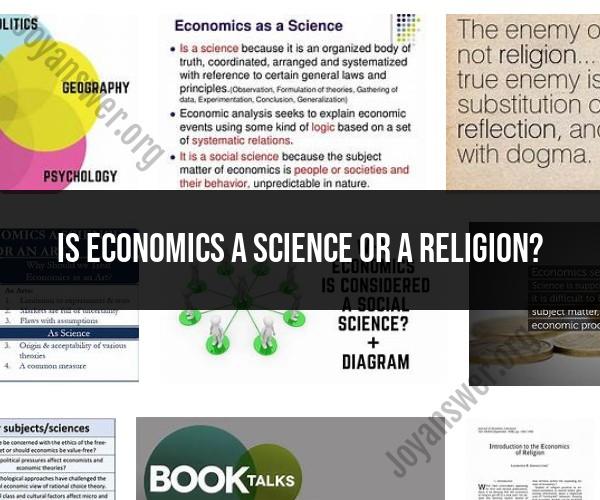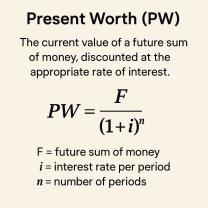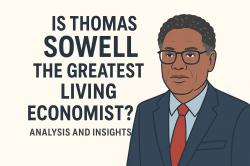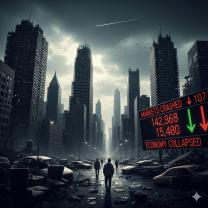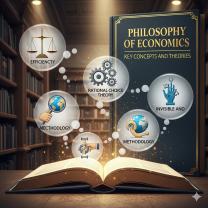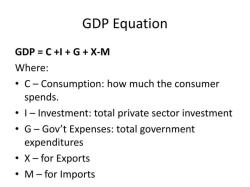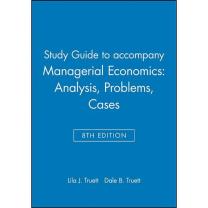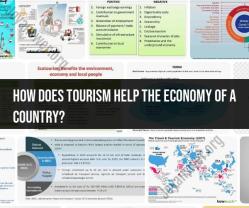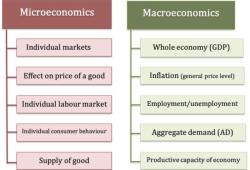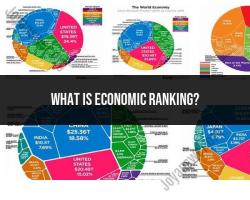Is economics a science or a religion?
Economics is neither a science nor a religion in the traditional sense. Instead, economics is a social science. Here's a breakdown of what this means:
Economics as a Social Science:
Scientific Approach: Economics employs scientific methods and principles to study and analyze human behavior concerning the production, distribution, and consumption of goods and services. It uses empirical evidence, data analysis, and mathematical models to understand economic phenomena.
Objective Analysis: Economists strive for objectivity and rigor in their analysis. They develop theories, conduct experiments, and use statistical tools to test hypotheses and make predictions about economic behavior.
Interdisciplinary: Economics often draws on insights from other social sciences, such as psychology, sociology, and political science, to provide a comprehensive understanding of economic behavior.
Policy Implications: Economic analysis informs policy decisions related to government interventions, monetary policy, taxation, trade, and more. These policy choices are typically based on empirical evidence and economic theory.
Religion, on the other hand, is a belief system based on faith and spirituality. It involves worship, moral and ethical principles, and a connection to a higher power or divine entity. Economics does not encompass the spiritual or metaphysical aspects found in religion.
It's important to distinguish between the two. While economics has scientific elements and uses empirical methods to understand and explain economic phenomena, it does not address matters of faith, spirituality, or morality, which are central to religion.
However, there can be discussions about the ethical dimensions of economic decisions and policies, which can overlap with moral and philosophical debates. Still, these discussions are distinct from religious beliefs and practices.
In summary, economics is a social science that employs scientific methods to analyze and understand economic behavior, while religion is a belief system centered around faith, spirituality, and morality. The two serve different purposes and address different aspects of human life and society.
